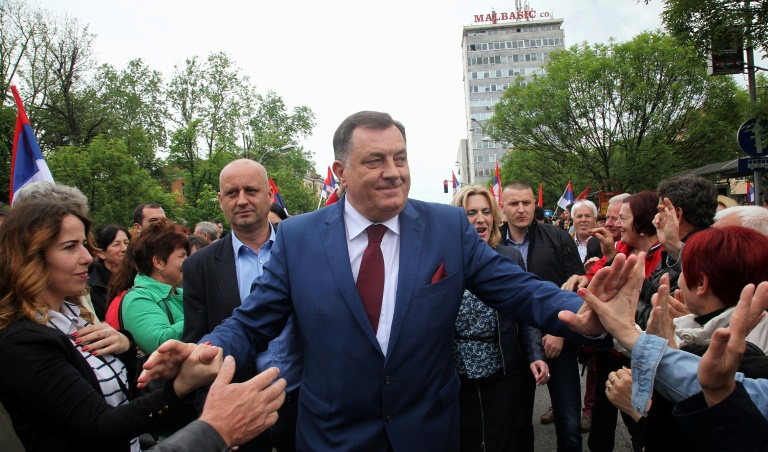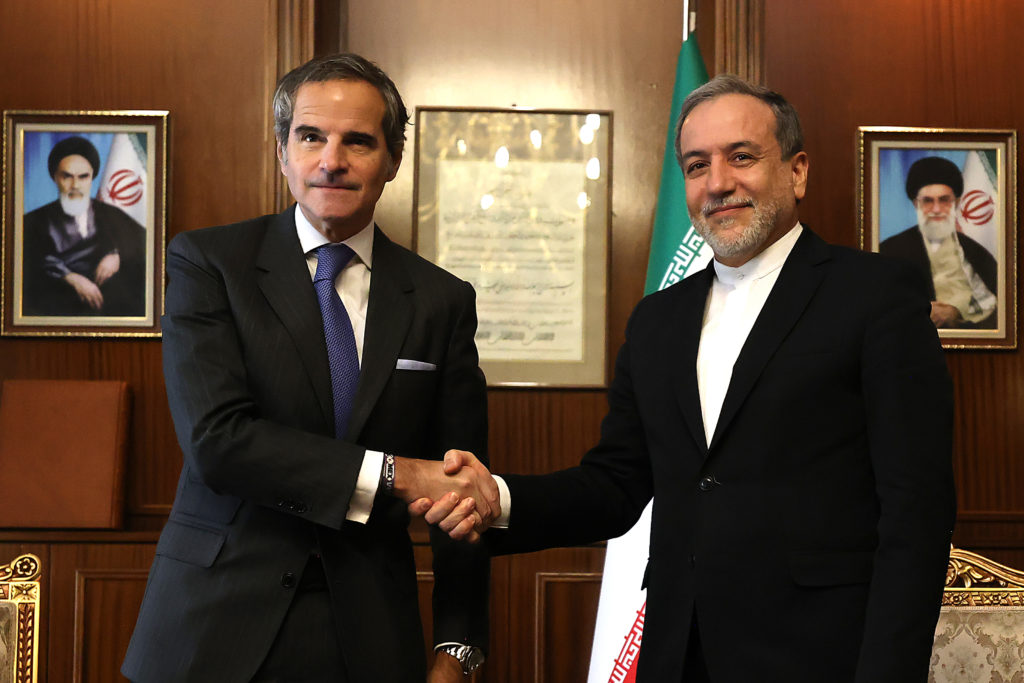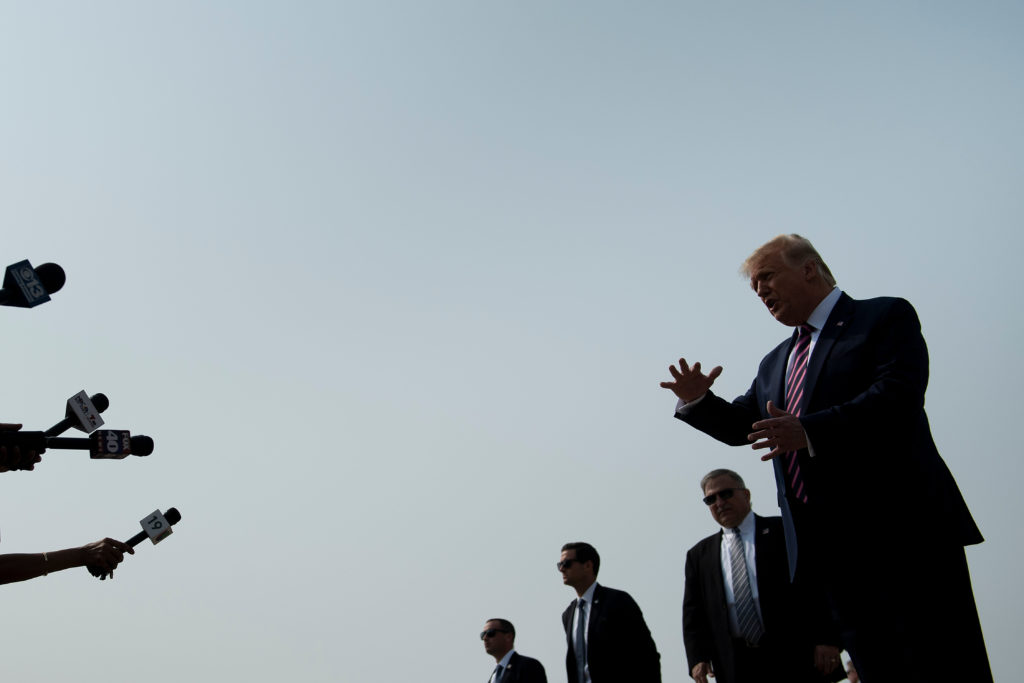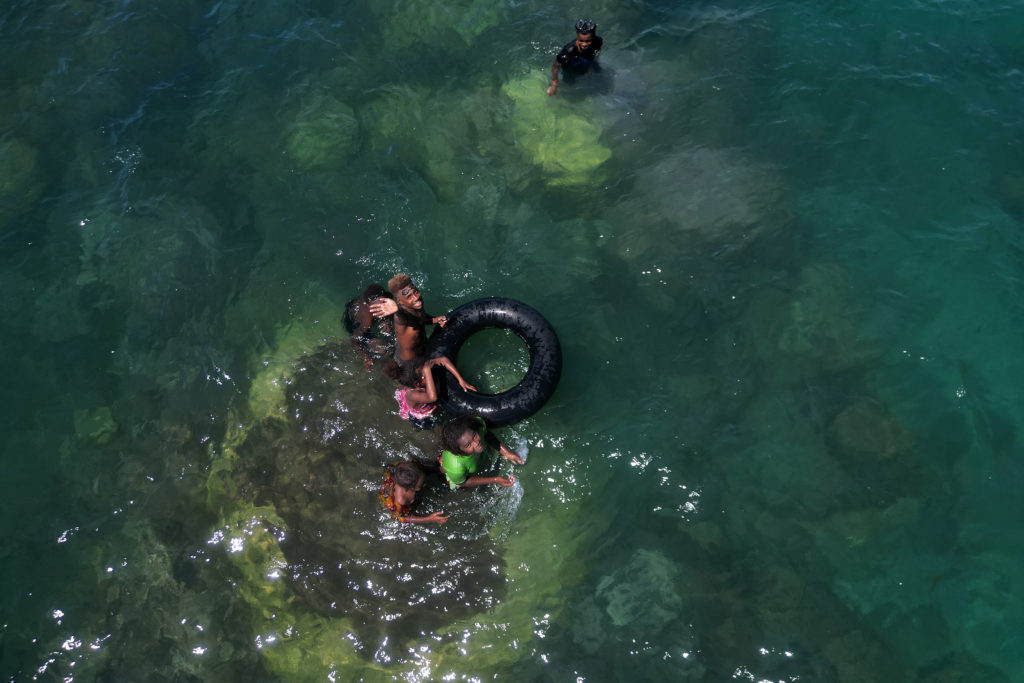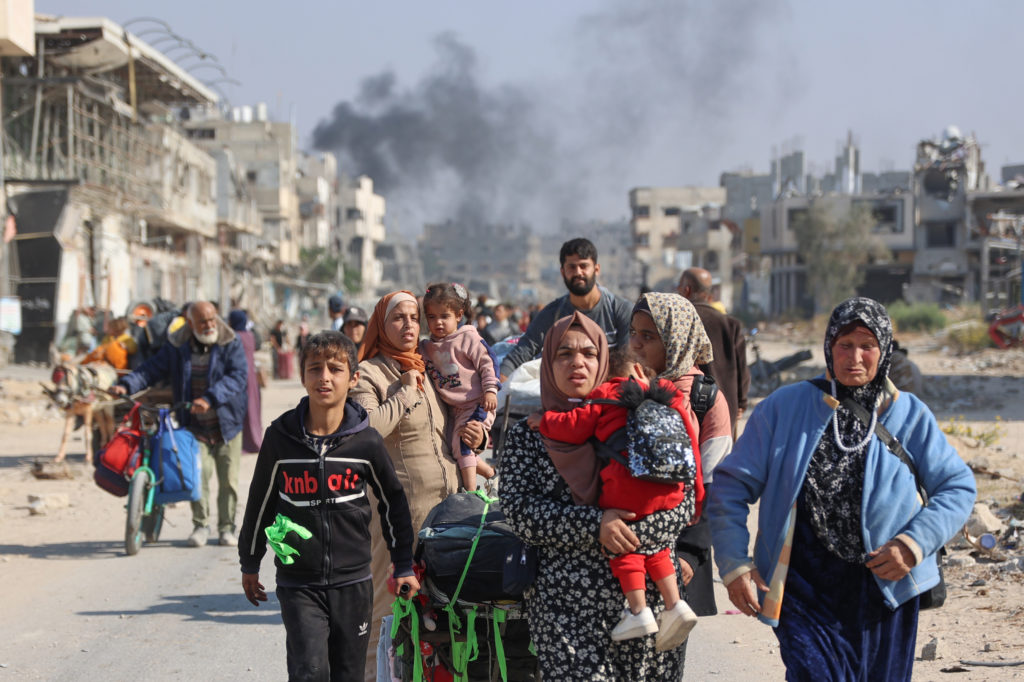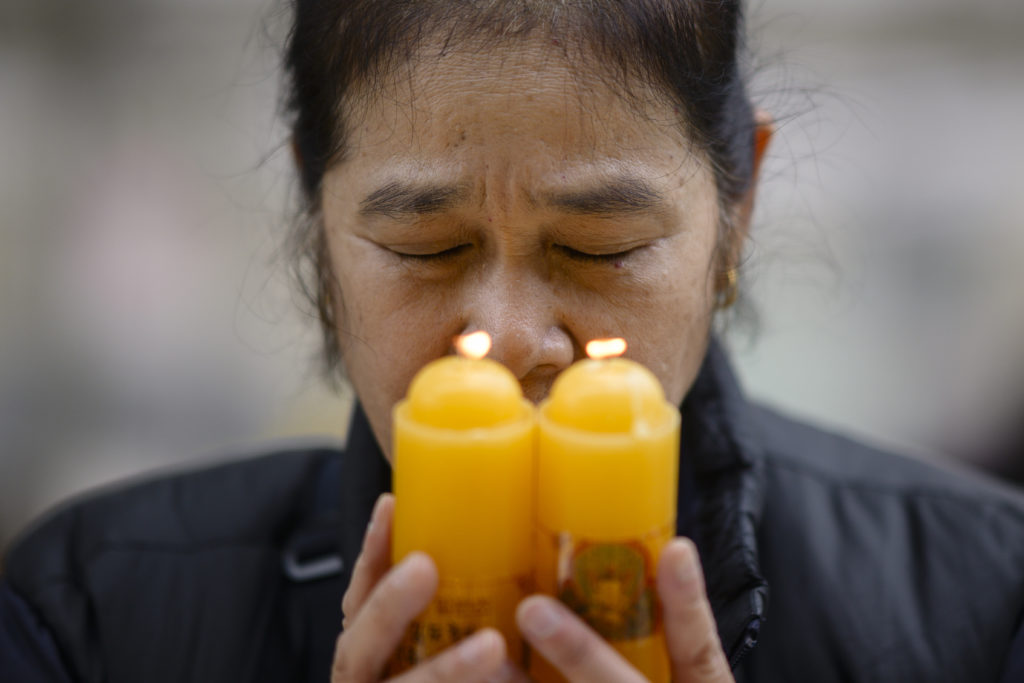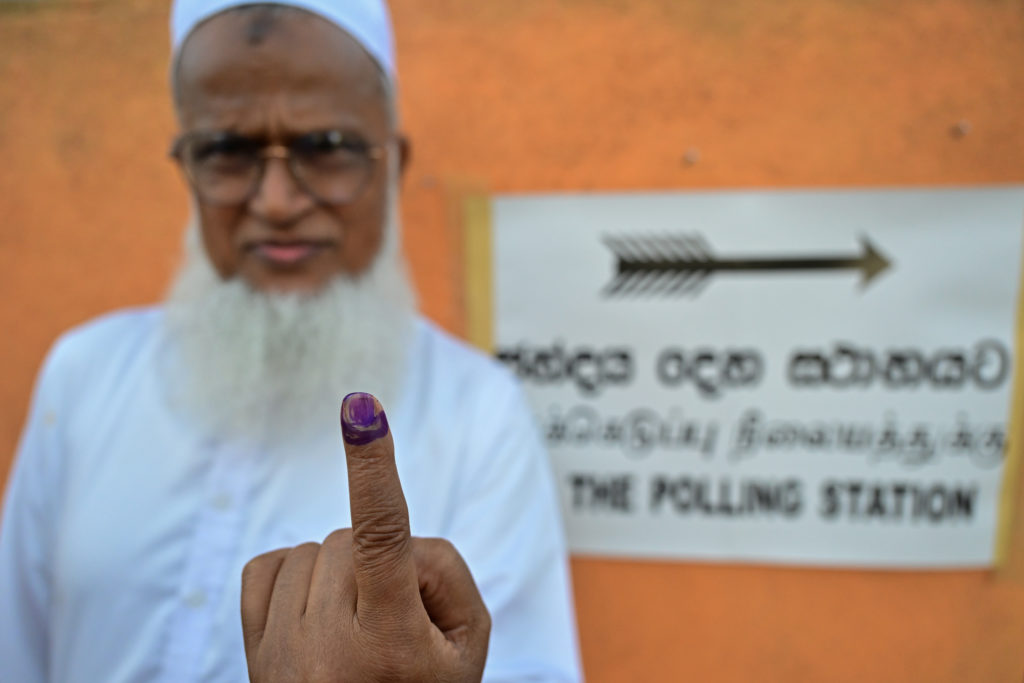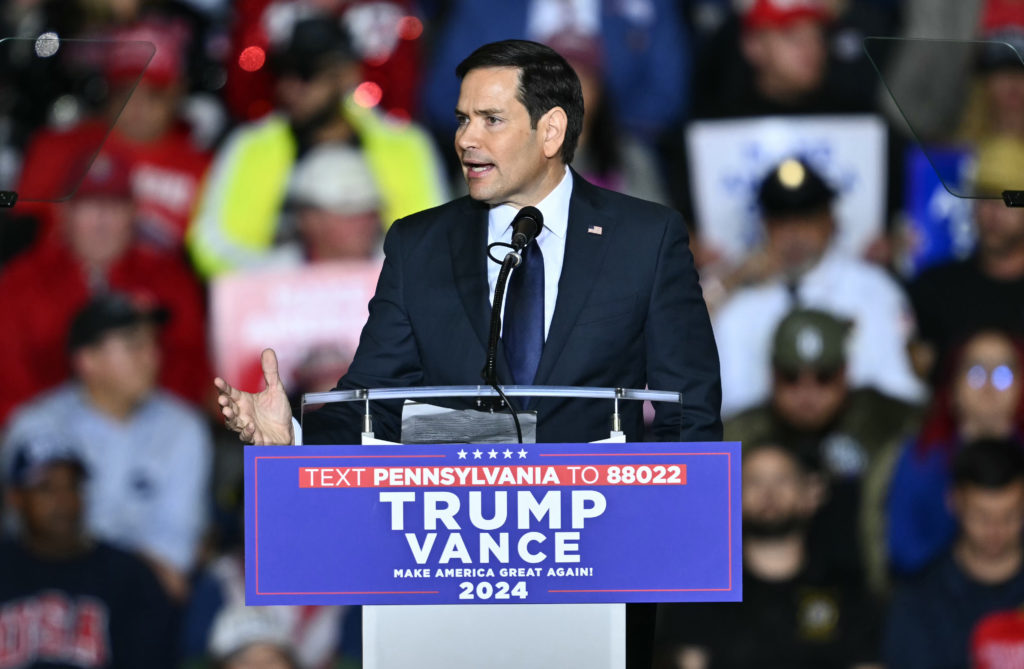On the eve of the Serbs’ national day in Bosnia, Mira Vuletic is not in a festive mood as talk of secession lingers again, stirring fears the country is set to return to the dark years of intercommunal conflict.
The holiday, which falls on Sunday, marks the creation of the Republika Sprska (RS), Bosnia’s Serb entity that was declared three decades ago — one of the events seen as putting the country on the path to a war in the 1990s that killed over 100,000 people.
“They’re stirring up panic and that scares me,” says Vuletic, a 70-year-old pensioner,one of the few willing to give her name in eastern Sarajevo, an area that falls under RS jurisdiction.
“But I think they do this to hide their schemes and theft,” Vuletic added, pointing the blame at leaders from all of Bosnia’s ethnic groups for endemic corruption.
Tensions have been rising for months in Bosnia with the Serb’s political leader Milorad Dodik setting in motion plans last month to withdraw from the country’s central institutions including the army, the judiciary and the tax system.
The move earned fresh sanctions from the US on Wednesday, with Washington chiding him for attempting to undermine the landmark Dayton Peace Accords that brought an end to fighting in Bosnia in 1995.
Bosnia was effectively split in two as a result, giving one half to the country’s ethnic Bosnian Serbs while the other was to be ruled by a Muslim-Croat federation.
Despite the sanctions, celebrations for the national day moved forward this week as municipal employees hung red, white and blue RS flags across eastern Sarajevo.
The holiday has long been considered a “provocation” by the country’s Muslim community who were targeted by Bosnian Serb paramilitary groups just three months after RS was unilaterally created in 1992.
For the 30th anniversary, RS authorities are planning three days of celebrations, which will include a parade of their police forces in the Serbs’ capital Banja Luka.
– ‘Further conflict’ –
Dodik’s increasingly aggressive rhetoric along with his plans to start withdrawing from the Bosnian government has cast a large shadow over this year’s holiday.
“One should never rule out the possibility of conflict in Bosnia,” warns Srecko Latal, the editor of Balkan Insight, a regional investigative journalism network.
“Dodik is going further and further into a story that may end in an attempt at secession that could not pass without further conflict,” Latal added.
The European Union has remained relatively quiet about the crisis, even as Washington has taken a tougher stance with the new round of sanctions.
But Dodik has refused to budge.
“I have no assets in the United States. It is a pure farce to forbid me to manage assets that I do not have,” Dodik said this week, as he accused Washington of scheming to “create a state for Muslims” in Bosnia.
– ‘Like animals’ –
The appetite for a new conflict does not appear to be shared by many in East Sarajevo.
An unemployed man in his thirties said life remains mired in hardship in the impoverished country.
“My father fought for the Republika Srpska and was even decorated for helping to create it. He survives by working hard on construction sites,” says the man who asked to remain anonymous “for fear of not finding work”.
The political crisis has added to the already myriad difficulties in Bosnia where low salaries, perennial corruption and dysfunctional government beset by a dizzying bureaucracy has taken a toll on the most basic living standards.
“Today I received my monthly pension, which will allow me to live for barely ten days,” said Vuletic. “We continue to live like animals.”
With few options available, Bosnians have been moving abroad en masse, with roughly half a million people leaving in the past decade alone, according to the non-profit Union for a Sustainable Return.
“If I see that a new conflict is inevitable, I will immediately flee with my wife,” said the man in east Sarajevo. “I will not fight like my father.”

